Recover From Painful Memories
Trauma and PTSD - Therapy & Counseling in Boca Raton
An Overview of Trauma and Its Impacts
We all face stressors that may feel momentarily insurmountable or overwhelming. Most of the time, we can get through these experiences and move on with our lives. However, a traumatic experience – one marked by intense feelings of danger, terror, or immediate threat to you or a loved one’s life – often affects us differently.
Not all people who experience these types of threats develop posttraumatic stress disorder (PTSD). However, that does not mean that traumatic stress and posttraumatic symptoms don’t happen. Traumatic experiences can change us in ways we can’t make sense of and which can feel impossible to get over. We can find ourselves consumed by anxiety, depression, intrusive thoughts, rage, or guilt. We might feel trapped by past decisions or threats, even when we rationally know we are not in immediate danger. We can also start to overcompensate, taking unnecessary precautions in our current lives for fear of a traumatic event from our past repeating itself.
Beyond these emotions, going through and carrying a traumatic experience can feel extremely isolating. It can feel like there isn’t anyone else who could understand or accept that the event happened, or that it had such powerful impacts. Sometimes, even in the company of support, discussing trauma can feel embarrassing or shameful. People who experience trauma are often afraid to talk about it because of how angry or overwhelmed they might become just bringing the memory to mind or disclosing the details out loud. Alternatively, efforts to stay safe and protected might come at the expense of going out with friends, regularly attending work or school, or going out in public.
A Complex Problem Deserves Multifaceted Treatment
Trauma has been shown to have profound effects on how our minds and our bodies experience and react to the world around us. For some, talking through their traumas, finding meaning in their experiences, and learning how to manage their stress reactions can be profoundly healing. Cognitive-behavioral and exposure treatments are especially lauded as safe, effective means of healing and moving past traumatic experiences. Additionally, nonverbal interventions are shown to be as effective as more traditional talk therapies.
Breakwater Psychotherapy therapists understand that, just as no two people share identical trauma experiences, no two courses of trauma treatment will be identical. We anticipate that healing from trauma starts with an understanding of how you have been impacted by your experiences, and what healing looks like for you. From there, we will help you learn from and process your experiences and their impacts on your current life so that you can restore a sense of control, safety, and agency.
Common Signs of Traumatization and/or PTSD
If you have experienced or directly witnessed something traumatic, and you also experience the following symptoms, we may be able to help.
Preoccupation with your traumatizing experience(s): recurring unwanted memories, noticing reminders everywhere, difficulty thinking about anything else when you aren’t otherwise distracted
Sleep difficulty
Unexplained or excessive anger
Feeling scared, nervous, or on edge more than usual
Nightmares
Difficulty going places or seeing things that remind you of your difficult experiences
Loneliness and isolation
Trauma Management Strategies to Try Today
Whether or not you pursue professional mental health help for trauma relief, consider the following strategies you can implement on your own.
1. Try to stay engaged.
Isolation is often a real problem for people who have experienced intense danger or threat. It is easy to convince yourself to stay inside, stay away from people, or put off normal activities. While giving yourself a break can be helpful, staying connected to stable or routine parts of life can restore or maintain a version of normalcy while you deal with other impacts of your experiences.
2. Focus on getting good sleep.
While sleep is often a difficult habit to form, research suggests good sleep is one of the best ways to process and heal from traumatizing experiences.
3. Exercise in a way that feels helpful.
The research on exercise and improving mood, reducing anxiety, and supporting overall wellness is robust. This can be particularly helpful for people who have felt like their very safety and bodily autonomy have been compromised. It can make a difference if you feel stronger, more conditioned, and more flexible in your own body.
4. Reach out for help.
Talking honestly to someone about what happened, how it makes you feel, and what you want to do about it can be healing. If you have friends or family who you can trust, sometimes they can be the best resource. If you feel too vulnerable to share your trauma experience and/or symptoms with your circle, you can always find support groups or a qualified therapist.
Help is Available for Trauma Relief
If you’ve read the above information and feel like you might be struggling to get past an unwanted event in your life, we’re here to help. Contact us for a free 15-minute phone consult and we can talk through your goals and what you think might be helpful. Please note, we never need to know the details of your traumatic experiences to discuss your options for services!
